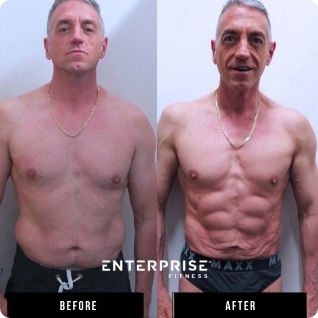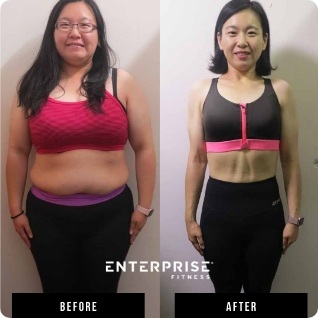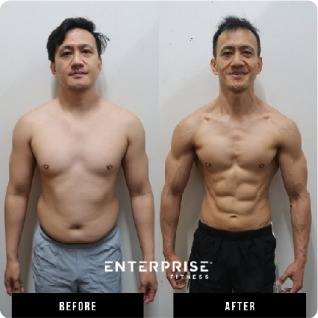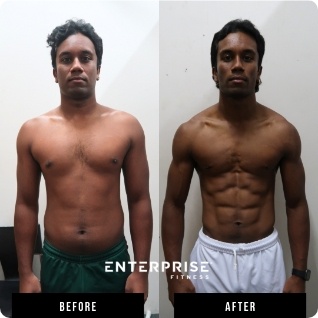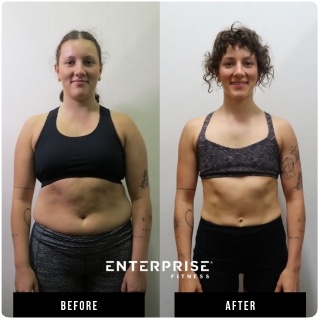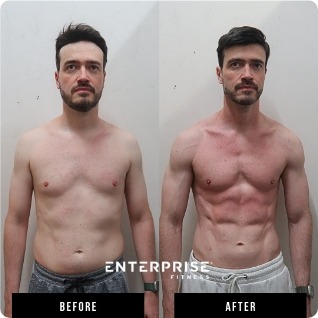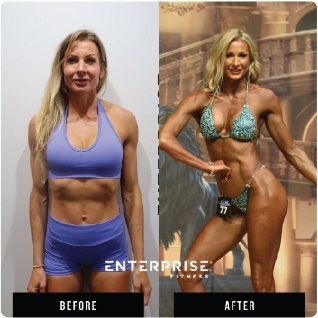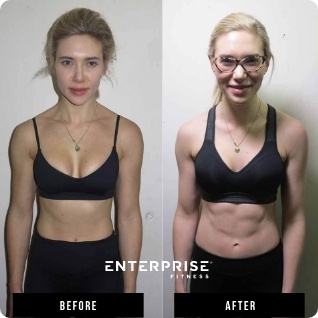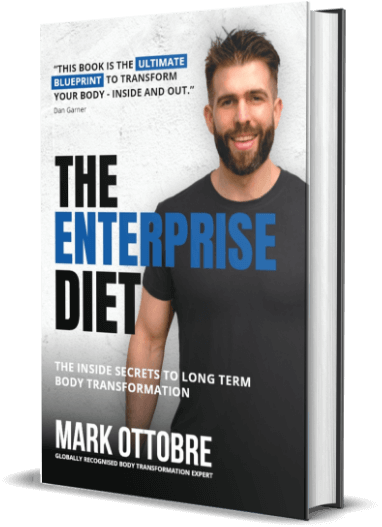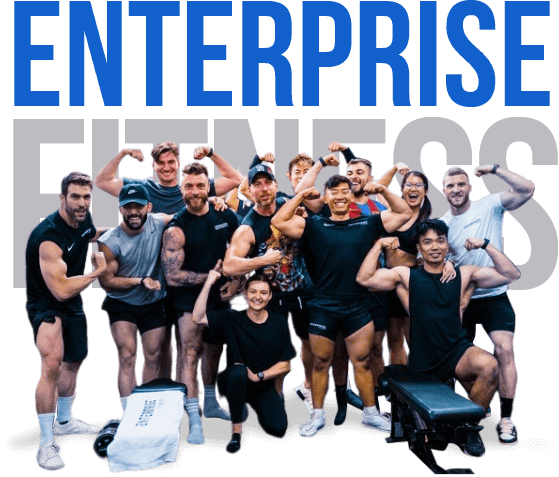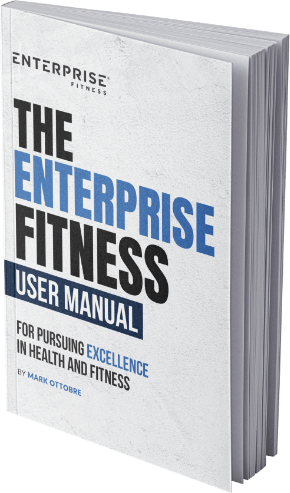Many people come to Enterprise with certain goals in mind and most health and fitness goals have an end date. Lose six kilos. Put on three kilos of muscle. Deadlift 200 kilos. You work and work until, hopefully, you hit the target. But then what? And what happens if you don’t achieve your specific goal?
The act of goal setting is practical and sensible. It gets you focused and moving in a clear direction. However, it’s not a complete solution to ongoing problems, as you either find yourself always having to set new goals or feeling like a failure for not achieving them.
If you’re a compulsive goal setter, you’re probably an overachiever. Overachievers think less about why they are trying to achieve something and more about how they will achieve it. As an overachiever, once you hit the goal, there’s not much time to stop and smell the roses because if you did that, you would be wasting precious time towards your next goal. The problem with overachievers is that they tend to overdo things in all areas of life. As a result, burnout can be a problem. As the ancient philosopher, Lao Tzu put it, “The candle that burns twice as bright, burns half as long”. If burnout isn’t the issue, time management will be.
The real question for overachievers is how long can you continue the cycle, particularly as you continue to achieve in other areas of life and take on competing responsibilities. Let’s say the business or career you were desperately working on takes off and requires more of your time and focus. But so does your spouse, particularly if you plan to have children. Friendships still need to be fostered, parents still need to be loved and your physique goals still need to be attended to. What I see from overachievers is an all or none approach to goal setting that isn’t helpful. Hitting your goal of losing 10 kilos doesn’t mean you should stop eating well and training hard, but it also doesn’t mean you should set a goal to lose 10 more.
It’s not just the career or business-focused entrepreneur this affects. It also relates to elite athletes who feel lost after years of training hard and winning trophies. While overachievers win most battles, they lose the war because they are spread too thin. For overachievers, health and fitness goals need to be grounded in a sensible schedule and tempered with routine.
The other group who often hits their goals are ‘doers’. If you’re a doer, after hitting a major goal, you go back to what you were doing previously or find something else to do. You let go of the healthy behaviours that transformed your physique. You did the 12-week challenge, lost the weight and proved you could do it. You’re not thrilled about going backwards, losing muscle and putting on fat, but ultimately you have other things to do once that challenge is achieved.
Goals and goal setting are important. It’s natural to always want to set a bigger goal. If you lose six kilos, why not lose four more? If you put on three kilos of muscle, why not add two more? You deadlift 200 kilos, why not shoot for 210? But where does the goal-setting stop and when do you become the person who can maintain it?
Fitness goals can’t be endlessly scaled for a variety of reasons. If this were the case, every guy would have a 200-kilo bench press and every girl would be a pro fitness model. Eventually, setting a bigger goal becomes unfeasible.
This is why we advocate, as a long-term solution, shifting your focus from mere ‘goal setting’ to creating a way of being – a personal health and fitness code and philosophy that’s interwoven with your whole life.
To learn more about us, please visit https://melbournepersonaltrainers.com/personal-training/

